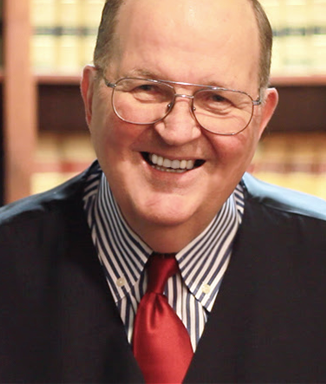What You Post on Social Media May Be Used Against You in a Court of Law
You would hard-pressed to find someone who doesn’t have a Facebook or Twitter account these days. People love to share their thoughts, post what they’re doing that day, and share pictures with their friends. However, did you know that what you publish on these social media sites can be used against you in a court of law?
Let’s say, for instance, that someone was a victim in a bad car accident and claimed severe back injuries that supposedly were due to this accident. However, the Facebook or Twitter page of this person shows pictures of him/her riding roller coasters, skiing, and other activities that a person normally would not do with a back injury. Even if this person had set their Facebook page to “private”, meaning only his/her friends could see postings, a judge can order disclosure of the Facebook password to gain access to any postings.
In regards to Twitter, all information posted to this site is available to the public and can be seen by anyone. During the discovery phase of a trial, the other side could site any tweets to be included in evidence. Even what you may perceive to be a fun, innocent post on a social media site may be used to paint a picture of you in a negative way. This is what happened to Isaiah Lester.
Lester was involved in a tragic car accident with a truck that left his wife, Jessica Lester, dead while he suffered minor injuries. The couple were traveling on State Route 53 when they were hit by a truck driven by William Sprouse who was working for Allied Concrete Co. Isaiah Lester became a beneficiary in a wrongful death case of over $10 million dollars. Case closed, right? Not so fast…
Of course, the attorneys who represented Allied Concrete Co. were not going to go out without a fight. They are now seeking a reversal of that judgment because of pictures that may have been posted Lester’s Facebook page. Lester’s attorney allegedly lied to the court regarding the Facebook page and intentionally withheld evidence regarding the case.
There are numerous other cases that have involved using social media postings as evidence in court. What we can learn from them is to always use discretion when publishing anything on sites like Facebook and Twitter. Before you post anything, ask yourself it if is something that might be taken out of context and portray you in a negative way. You never know who could be keeping tabs on you; it could be an insurance adjuster, attorney, or even the police.
Another lesson to be learned from all of this is to simply tell the truth. If you really were not seriously injured in a car wreck or you may have contributed to an accident, then just be honest. Keep in mind that attorneys and insurance companies will do anything to disprove your case, and that includes attempting to be your “friend”.
